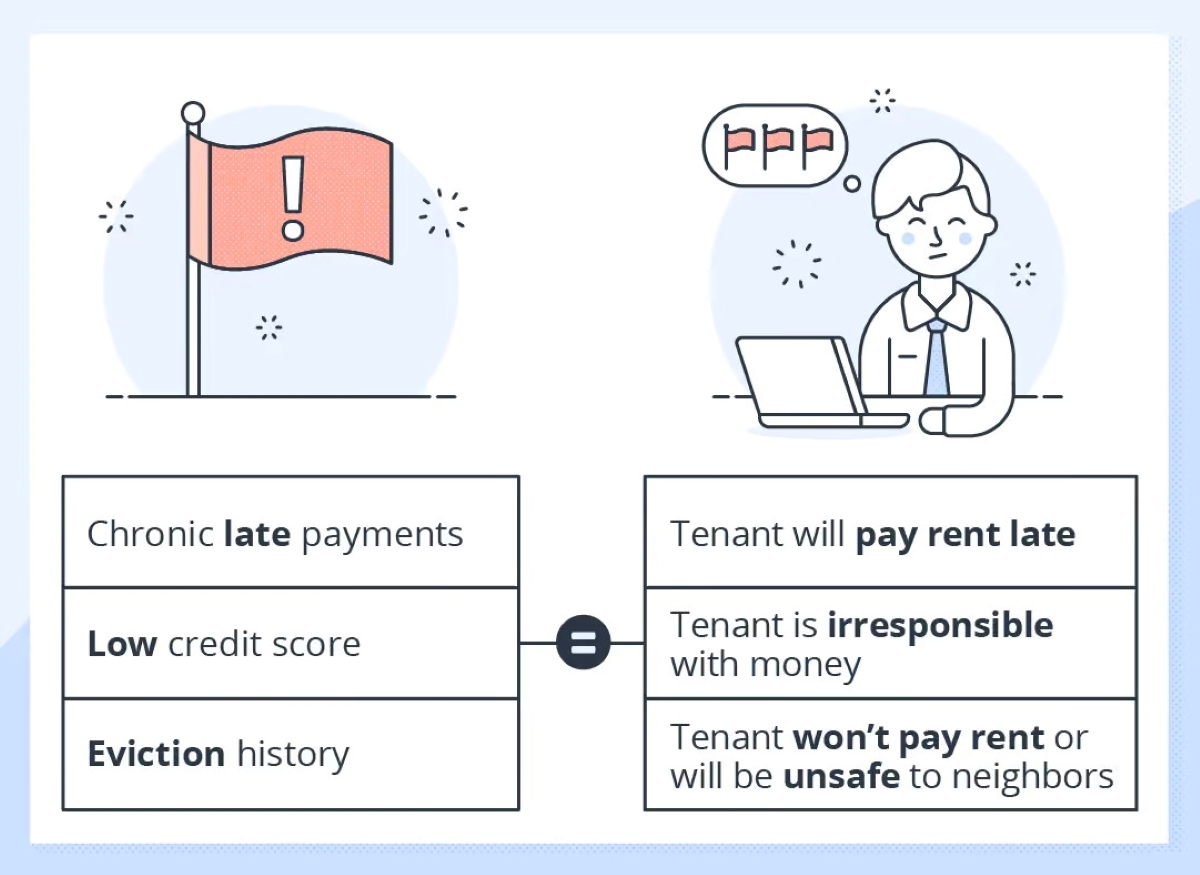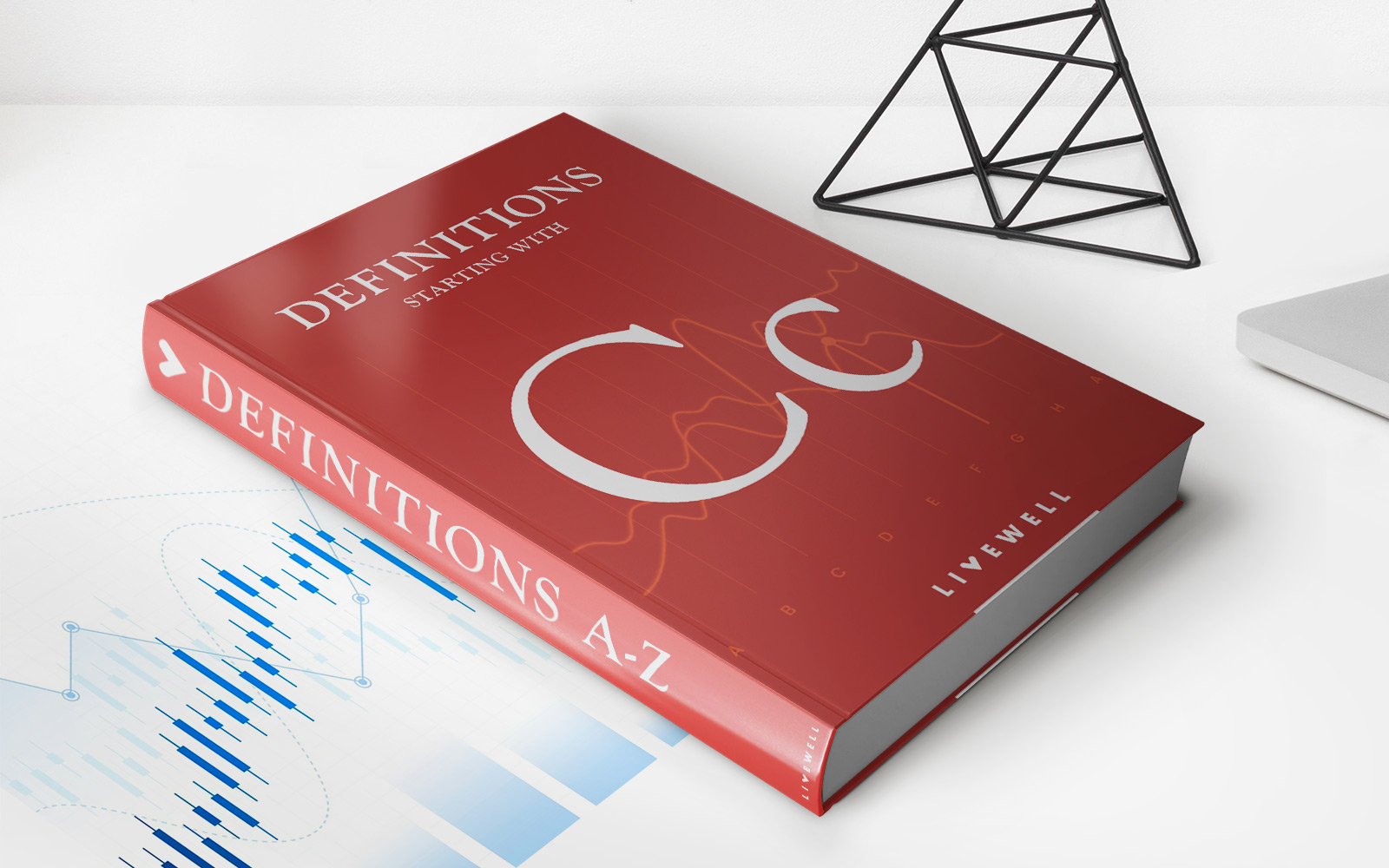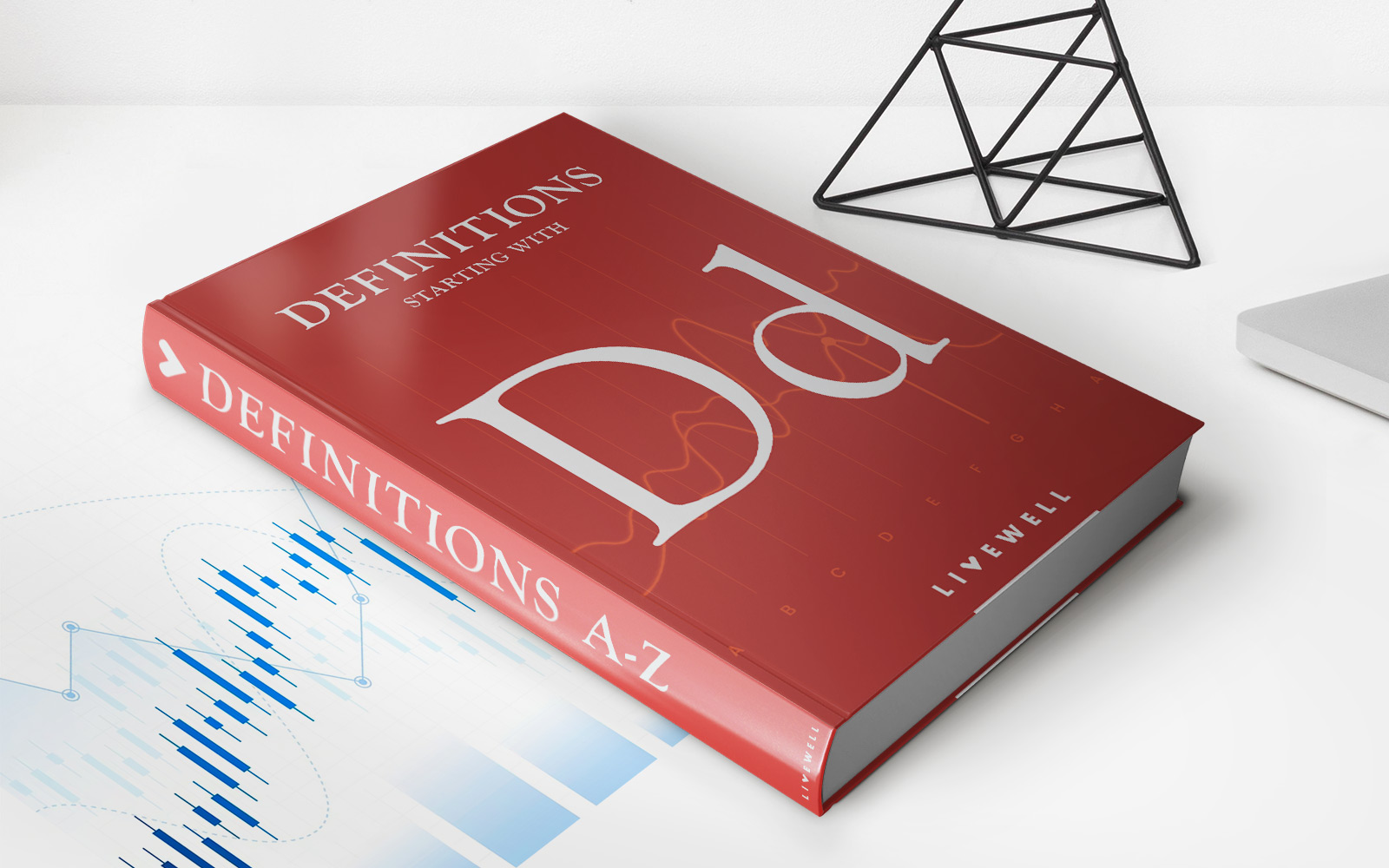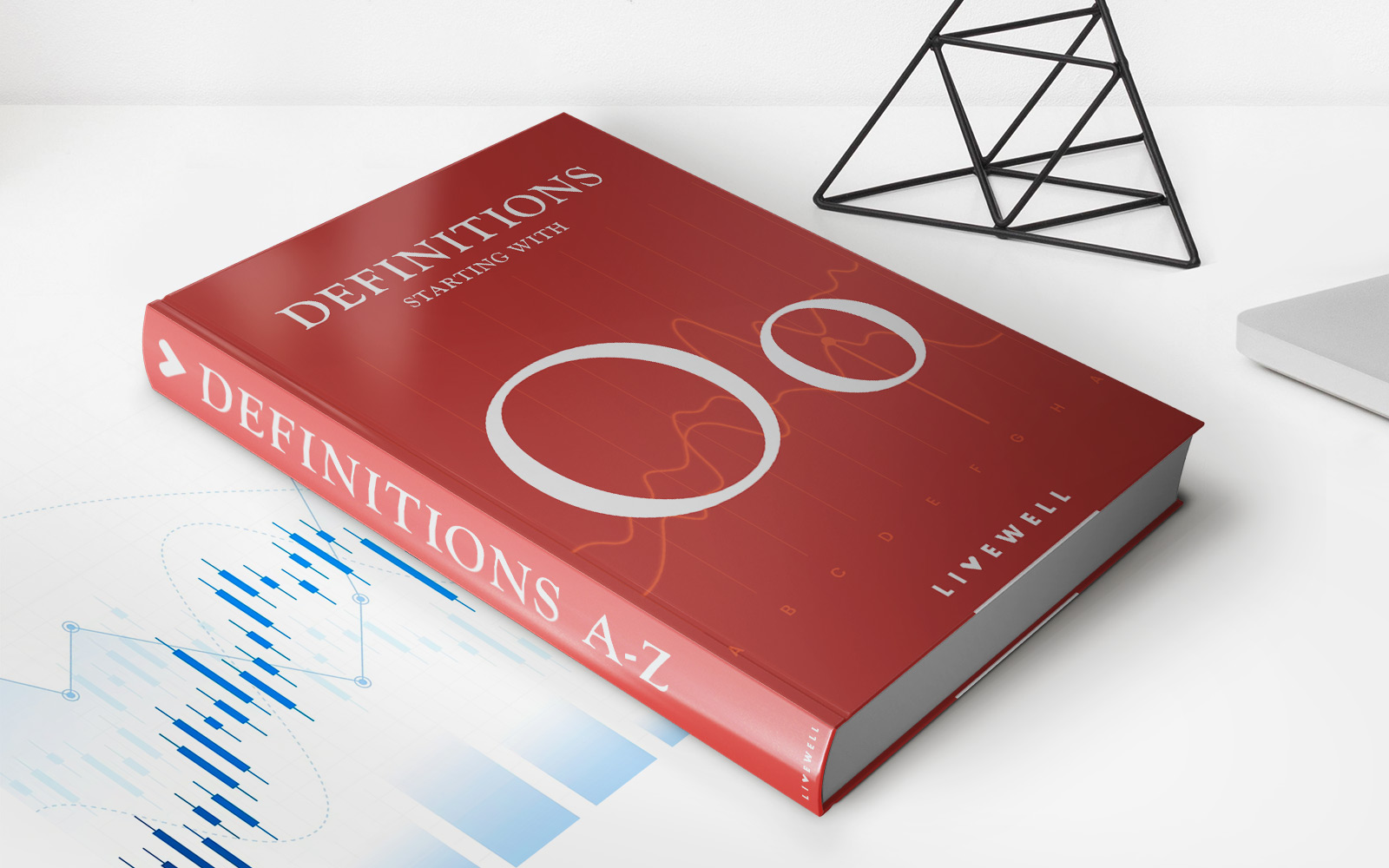Home>Finance>How To Pass The Property And Casualty Insurance Exam


Finance
How To Pass The Property And Casualty Insurance Exam
Modified: January 22, 2024
Looking to pass the Property and Casualty Insurance Exam? Get expert advice and study tips on finance to ace the test and advance your career.
(Many of the links in this article redirect to a specific reviewed product. Your purchase of these products through affiliate links helps to generate commission for LiveWell, at no extra cost. Learn more)
Table of Contents
Introduction
Welcome to the world of property and casualty insurance! If you are considering a career in this field, or if you are already in the industry and looking to advance your knowledge and skills, then passing the Property and Casualty Insurance Exam is a crucial step towards achieving your goals. This exam serves as a key credential for insurance professionals, allowing them to demonstrate their proficiency in understanding and applying the concepts and principles of property and casualty insurance.
As a comprehensive examination, the Property and Casualty Insurance Exam assesses your knowledge and understanding of various aspects of insurance, including property insurance, liability insurance, casualty insurance, and various related topics such as risk management and underwriting. This exam serves as a benchmark to ensure that insurance professionals have the necessary expertise to effectively serve their clients and meet industry standards.
Passing the Property and Casualty Insurance Exam requires careful preparation and a solid understanding of the exam content and structure. In this article, we will explore some essential tips and strategies to help you succeed in this exam. From understanding the exam requirements to identifying key concepts and practicing with mock exams, we will provide you with the guidance you need to confidently approach the exam and achieve a passing score.
Preparing for the Property and Casualty Insurance Exam can seem like a daunting task, but with the right approach and the right resources, you can overcome any challenges that come your way. So, let’s dive in and explore the best ways to prepare for and pass the Property and Casualty Insurance Exam!
Understanding the Property and Casualty Insurance Exam
The Property and Casualty Insurance Exam is a comprehensive assessment designed to evaluate your understanding of property and casualty insurance principles, concepts, and practices. This exam serves as a prerequisite for individuals seeking a license to sell property and casualty insurance or work in the insurance industry.
The exam covers a wide range of topics related to property and casualty insurance, including but not limited to: property insurance, liability insurance, casualty insurance, risk management, underwriting, insurance policies and contracts, laws and regulations, ethics, and claims handling. It is important to have a solid foundation in all of these areas in order to pass the exam.
The exam is typically administered through a computer-based testing platform and consists of multiple-choice questions. The number of questions and the time limit vary depending on the state and the specific licensing requirements. It is important to check with your state’s insurance department to understand the exam format and requirements.
One of the key aspects to keep in mind when preparing for the exam is to familiarize yourself with the specific content outline provided by your state’s insurance department. This outline serves as a guide and highlights the key topics that will be covered in the exam. By reviewing the content outline, you can allocate your study time effectively and focus on the areas that are most likely to be tested.
Another important factor to consider is the passing score for the exam. Again, this may vary depending on the state, but typically a score of 70% or higher is required to pass. It is important to strive for a solid understanding of the material rather than just aiming for the minimum passing score. A thorough understanding of the concepts will not only help you pass the exam, but also ensure that you are well-equipped to handle real-life scenarios in the insurance industry.
When preparing for the Property and Casualty Insurance Exam, it is crucial to allow yourself enough time to study and review the material. Cramming at the last minute is not an effective strategy for success. It is recommended to create a study plan and dedicate regular study sessions to cover the relevant topics. By spacing out your study time and reviewing periodically, you will have a better retention of the material and greater confidence when you sit for the exam.
Preparing for the Exam
Preparing for the Property and Casualty Insurance Exam requires a well-structured and disciplined approach. Here are some valuable tips to help you effectively prepare for the exam:
- Review the Exam Content: Start by familiarizing yourself with the content outline provided by your state’s insurance department. This will give you a clear understanding of the topics that will be covered in the exam. Prioritize your study time accordingly.
- Get organized: Create a study schedule that allows you to allocate dedicated time for each topic. Use a planner or study calendar to plan your study sessions and keep track of your progress.
- Gather Study Materials: Invest in quality study materials such as textbooks, online courses, or study guides that cover the exam content. Look for resources specifically tailored to the Property and Casualty Insurance Exam to ensure you are focusing on the right material.
- Take Notes: As you study, take detailed notes to reinforce your understanding of the material. Summarize key concepts, definitions, and principles. This will help you review and retain the information more effectively.
- Utilize Online Resources: Take advantage of online resources such as practice exams, flashcards, and video tutorials. These interactive tools can enhance your learning and provide a more dynamic approach to studying.
- Join Study Groups: Consider joining a study group or finding a study partner who is also preparing for the exam. Collaborating with others can provide additional insights, support, and accountability.
- Seek Professional Guidance: If you find certain topics challenging or need further clarification, reach out to professionals in the insurance industry or consider hiring a tutor who can provide expert guidance and answer your specific questions.
- Practice Time Management: On exam day, time management is crucial. Practice answering timed mock exams or sample questions to get a sense of how long you can spend on each question. This will help you stay focused and avoid getting stuck on difficult questions.
- Stay Calm and Confident: Exam stress is common but try to stay calm and confident. Take care of your physical and mental well-being by getting enough sleep, eating nutritious meals, and staying hydrated. Remember that you have prepared well and trust in your abilities.
By following these tips and staying dedicated to your study plan, you will be well-prepared and positioned for success on the Property and Casualty Insurance Exam.
Study Materials and Resources
Having the right study materials and resources is crucial for effective preparation for the Property and Casualty Insurance Exam. Here are some recommended resources to help you succeed:
- Textbooks: Invest in comprehensive textbooks that cover the key topics and concepts of property and casualty insurance. Look for textbooks that are specifically designed for exam preparation. Some popular options include “Property and Casualty Insurance License Exam Study Guide” by Kaplan Financial Education and “Principles of General Insurance” by M. N. Mishra.
- Online Courses: Enroll in online courses that provide structured learning materials and interactive exercises. Platforms like ExamFX, Kaplan Financial Education, and Insurance License Exam Prep offer comprehensive online courses designed specifically for the Property and Casualty Insurance Exam.
- Practice Exams and Mock Tests: Practice exams are invaluable in helping you simulate the exam environment and assess your knowledge and readiness. Look for practice exams and mock tests that closely resemble the format and difficulty level of the actual exam. ExamFX and Kaplan Financial Education offer practice exams for the Property and Casualty Insurance Exam.
- Flashcards: Flashcards are a convenient tool to help you review key terms, definitions, and concepts. They are portable and allow you to study on-the-go. Create your own flashcards or search for premade flashcard sets on platforms like Quizlet.
- Video Tutorials: Visual learners may benefit from video tutorials that explain the key concepts and provide examples. YouTube and online learning platforms like Udemy offer a variety of video tutorials on property and casualty insurance topics.
- Insurance Department Resources: Check your state’s insurance department website for any additional study materials or resources they may provide. Some insurance departments offer study guides or sample exams specific to their state’s requirements.
- Study Guides: Study guides are condensed resources that summarize the key information you need to know for the exam. They can be helpful for quick review and reinforcement of concepts. Look for study guides that are tailored to the Property and Casualty Insurance Exam, such as “Property and Casualty Insurance Study Guide” by Apex Learning.
- Online Forums and Discussion Boards: Join online forums and discussion boards where you can connect with other individuals preparing for the Property and Casualty Insurance Exam. This allows you to share insights, ask questions, and learn from the experiences of others.
Remember, the key to effective studying is to use a combination of resources that work best for your learning style. Experiment with different study materials and find what resonates with you. The more varied and comprehensive your study resources, the better prepared you will be for the exam.
Key Topics and Concepts to Focus on
When preparing for the Property and Casualty Insurance Exam, it is important to focus on key topics and concepts that are likely to be tested. Here are some essential areas to prioritize in your study:
- Property Insurance: Understand the fundamentals of property insurance, including coverage types, policy provisions, and valuation methods. Key concepts to grasp include property risk assessment, replacement cost vs. actual cash value, and specific coverages like homeowners insurance and commercial property insurance.
- Liability Insurance: Familiarize yourself with liability insurance, which covers the insured’s legal responsibility for injury or damage to others. Focus on concepts such as types of liability coverage, limits and exclusions, and the role of general liability insurance and professional liability insurance.
- Casualty Insurance: Learn about casualty insurance, which covers losses resulting from accidents or events that are not covered under property or liability insurance. Understand topics such as auto insurance, workers’ compensation insurance, and umbrella insurance.
- Risk Management: Gain a solid understanding of risk management principles, including risk assessment, risk identification, risk control measures, and risk transfer through insurance. Be familiar with the key steps involved in establishing an effective risk management program.
- Underwriting: Study the role of underwriting in the insurance industry, which involves assessing risk and determining premiums and coverage for policyholders. Focus on underwriting principles, factors that influence underwriting decisions, and the process of evaluating applications and setting policy terms.
- Insurance Policies and Contracts: Explore the different types of insurance policies and understand the key elements of an insurance contract, such as insurable interest, utmost good faith, indemnity, and subrogation. Learn about policy provisions, exclusions, and conditions.
- Laws and Regulations: Familiarize yourself with the insurance laws and regulations that govern the insurance industry. Study topics such as licensing requirements, consumer protection laws, and the role of regulatory bodies.
- Ethics: Understand the importance of ethical conduct in the insurance industry. Study ethical principles and codes of conduct that guide insurance professionals. Be prepared to answer questions related to ethical dilemmas and professional responsibilities.
- Claims Handling: Gain knowledge of the claims handling process, including the procedures for reporting, investigating, and settling insurance claims. Understand the role of adjusters, the claim evaluation process, and the resolution of disputed claims.
These are just a few key topics to focus on when preparing for the Property and Casualty Insurance Exam. It is important to review the specific content outline provided by your state’s insurance department to ensure you cover all the necessary subjects. By dedicating time and effort to understanding these core concepts, you will be well-prepared to tackle the exam and demonstrate your knowledge of property and casualty insurance.
Exam Format and Structure
Understanding the format and structure of the Property and Casualty Insurance Exam is essential for proper preparation. Although the specific details may vary by state, here is a general overview of what you can expect:
The Property and Casualty Insurance Exam is typically a computer-based exam consisting of multiple-choice questions. The number of questions can vary, but most exams range from 100 to 150 questions. It is important to check with your state’s insurance department for the exact number of questions and the time limit for the exam.
The questions on the exam are designed to assess your knowledge and application of property and casualty insurance principles, concepts, and practices. They may be scenario-based, requiring you to analyze a situation and select the most appropriate course of action or answer. Some questions may involve calculations, while others focus on definitions, policy provisions, or legal and ethical considerations.
The exam is typically divided into sections or domains that correspond to different subject areas. These sections may include property insurance, liability insurance, casualty insurance, risk management, underwriting, insurance regulations, and ethics. The number of questions allocated to each section may vary, with some sections carrying more weight than others.
As you progress through the exam, you will have the opportunity to review and change your answers. It is important to manage your time effectively to ensure you have enough time to review and double-check your answers before submitting the exam. Keep track of the time remaining and allocate your time accordingly to ensure that you are able to answer all the questions within the given time limit.
To pass the exam, you will typically need to achieve a minimum passing score, which is often 70% or higher. However, it is essential to check the passing score requirement specific to your state, as it may vary. Remember, it is advisable to strive for a solid understanding of the material rather than just aiming to meet the minimum passing score.
Lastly, it is important to approach the exam with the right mindset. Stay calm and focused during the exam, carefully read each question, and consider all the options before selecting your answer. If you come across a challenging question, take a moment to think it through or flag it for review and move on. Trust your preparation, and remember that you have put in the effort to gain the necessary knowledge to excel on the exam.
By understanding the format and structure of the Property and Casualty Insurance Exam, you can better tailor your study efforts and feel more confident and prepared on exam day.
Test-Taking Strategies
When preparing for the Property and Casualty Insurance Exam, it’s important to not only study the material but also develop effective test-taking strategies. These strategies can help you approach the exam with confidence and maximize your chances of success. Here are some key strategies to consider:
- Read and Understand Each Question: Take the time to carefully read and understand each question before selecting your answer. Pay attention to keywords and phrases that provide clues about what the question is asking.
- Manage Your Time: Keep track of the time and allocate it wisely. If you come across a difficult question, don’t spend too much time on it. Instead, mark it for review and move on to the next question. Return to the marked questions later if you have time remaining.
- Eliminate Wrong Answers: If you’re unsure about the correct answer, eliminate any obvious wrong answers first. This increases your chances of selecting the correct answer among the remaining options.
- Make Educated Guesses: If you’re uncertain about the answer but have narrowed down the options, make an educated guess. Use your knowledge and reasoning skills to select the most likely answer based on the information provided.
- Think Like an Insurance Professional: When answering questions, try to approach them from the perspective of an insurance professional. Consider what steps or actions you would take in a real-life scenario and select the answer that aligns with industry best practices and principles.
- Manage Test Anxiety: Test anxiety can affect your performance. Practice relaxation techniques before the exam, such as deep breathing or visualization, to help calm your nerves. Remind yourself that you have prepared well and trust in your abilities.
- Review Your Answers: If you finish answering all the questions before the allotted time, review your answers. Double-check for any errors or missed questions. Pay attention to any flagged questions that you marked for review earlier.
- Use Process of Elimination: If you’re unsure about an answer, use the process of elimination to eliminate incorrect options. This strategy increases your chances of selecting the correct answer even if you’re unsure of it initially.
- Stay Positive and Focused: Maintain a positive mindset during the exam. Don’t get discouraged by challenging questions. Stay focused and keep moving forward.
- Practice with Sample Exams: Prior to the actual exam, practice with sample exams and mock tests. This helps familiarize you with the exam format and allows you to refine your test-taking strategies.
Remember, effective test-taking strategies can make a significant difference in your performance on the Property and Casualty Insurance Exam. Practice these strategies during your study sessions to become more comfortable and confident with applying them on exam day.
Practice Questions and Mock Exams
Practice questions and mock exams play a crucial role in your preparation for the Property and Casualty Insurance Exam. They offer the opportunity to assess your knowledge, identify areas of improvement, and familiarize yourself with the exam format. Here are some reasons why incorporating practice questions and mock exams into your study routine is essential:
- Evaluating Your Knowledge: Practice questions allow you to gauge your understanding of the material. They help you identify areas where you may be strong and areas that require further review. By regularly testing your knowledge, you can tailor your study plan to focus on the topics that need more attention.
- Acclimating to the Exam Format: Practice questions and mock exams simulate the actual exam experience. By familiarizing yourself with the format, time constraints, and question styles, you can reduce test anxiety and feel more confident on exam day. This familiarity enhances your ability to navigate through the questions efficiently.
- Improving Time Management Skills: Time management is crucial during the exam. Regular practice with timed mock exams helps you develop effective time management strategies. You’ll learn to allocate sufficient time to answer each question and avoid spending too much time on challenging questions.
- Identifying Weak Areas: Mock exams provide insight into your strengths and weaknesses. Analyzing your performance on these exams allows you to pinpoint areas where you may need to devote more study time. It helps you identify recurring mistakes or gaps in knowledge.
- Building Confidence: Regularly practicing with exam-like questions and mock exams builds confidence. As you become more comfortable with the exam format and successfully answer practice questions, your self-assurance grows. This confidence translates into better performance on the actual exam.
- Applying Concepts to Real-Life Scenarios: Practice questions often present scenarios that require you to apply your knowledge to solve problems. This enhances your ability to analyze and interpret insurance concepts, preparing you for real-life scenarios in the insurance industry.
- Improving Test-Taking Skills: Mock exams provide an opportunity to refine your test-taking strategies. You can experiment with different approaches, such as process of elimination, educated guesses, or time allocation techniques. By practicing these skills, you enhance your ability to perform well in the exam environment.
- Gaining Familiarity with Terminology: Practice questions expose you to the terminology commonly used in the insurance industry. By consistently encountering these terms in the practice questions, you become more comfortable with the language and terminology, which is essential for success on the exam.
Take advantage of practice question banks and mock exams available through online platforms, textbooks, or reputable study resources. Aim to consistently incorporate practice sessions into your study routine to reinforce your knowledge and build confidence over time.
Remember, while practice questions and mock exams are valuable tools, they should be used in conjunction with thorough study of the material. Regular practice and a well-rounded study approach will significantly increase your chances of success on the Property and Casualty Insurance Exam.
Final Tips and Suggestions
As you prepare for the Property and Casualty Insurance Exam, here are some final tips and suggestions to help you achieve success:
- Start Early: Give yourself ample time to study and review the material. Starting early allows you to pace yourself and reduces the need for last-minute cramming.
- Create a Study Plan: Develop a study plan that outlines your study schedule and focuses on specific topics or areas each day. Having a structured plan keeps you organized and ensures that you cover all the necessary material.
- Diversify Your Study Methods: Incorporate various study methods into your routine. Read textbooks, watch video tutorials, use flashcards, and practice with sample exams. This helps reinforce your understanding from different angles.
- Break Down the Material: Complex concepts can become more manageable when broken down into smaller, digestible parts. Chunk the material and study it section by section, ensuring you have a solid understanding before moving on.
- Review Regularly: Continuous review is crucial to retaining information. Set aside time each week to review previously covered topics to reinforce your understanding.
- Use Mnemonic Devices: Mnemonic devices can help you memorize key information. Create acronyms, rhymes, or associations to remember complex concepts or lists of information.
- Stay Organized: Keep your study materials, notes, and resources organized. A clutter-free study area and well-organized materials can help improve focus and efficiency.
- Take Care of Yourself: Prioritize self-care during your preparation. Get enough sleep, eat nutritious meals, exercise, and take breaks to prevent burnout. Taking care of your physical and mental well-being enhances your ability to learn and retain information.
- Seek Support and Guidance: Reach out to peers or instructors if you have questions or need clarification on certain topics. Join study groups or online communities where you can share experiences and knowledge.
- Stay Positive and Confident: Believe in yourself and your abilities. Remain positive throughout your study journey and approach the exam with confidence. Visualize your success and trust that you have prepared well.
Remember, passing the Property and Casualty Insurance Exam is achievable with the right mindset, preparation, and dedication. Embrace the process, stay committed to your study plan, and approach the exam with a calm and focused mindset. Good luck on your exam!
Conclusion
Preparing for the Property and Casualty Insurance Exam requires dedication, thorough study, and strategic preparation. By understanding the exam requirements, focusing on key topics, and utilizing effective study materials and resources, you can increase your chances of success. Incorporating test-taking strategies, practicing with mock exams, and implementing final tips and suggestions further enhance your preparation.
Remember, the Property and Casualty Insurance Exam is not only a requirement but also an opportunity to demonstrate your knowledge and expertise in the insurance industry. It serves as a stepping stone towards building a successful career and serving your clients effectively.
Take advantage of the resources available to you, such as textbooks, online courses, practice exams, and study guides. Create a study plan, allocate regular study sessions, and review the material consistently. Develop effective test-taking strategies, manage your time wisely during the exam, and stay confident in your abilities.
With proper preparation, perseverance, and a positive mindset, you can pass the Property and Casualty Insurance Exam and embark on a fulfilling and rewarding career in the insurance industry. Stay committed to your goals, trust in your preparation, and believe in yourself. Best of luck on your journey to success!














